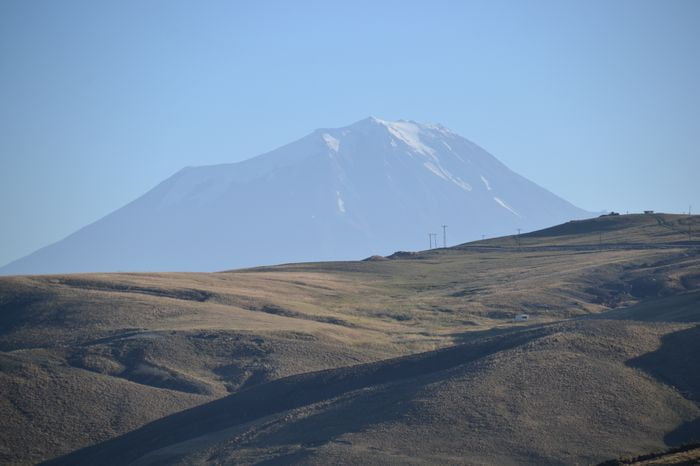Early Greek Efforts to Grasp Celestial Movements
Introduction
From the discovery of Sirius by Egyptian farmers heralding the annual Nile flood to civilizations around the Mediterranean, ancient societies sought to understand celestial movements as a crucial guide for earthly activities. Observing lunar phases and daylength variations served as essential indicators for planting, harvesting, sailing safety, and managing livestock. Millennia of observations later, we now take for granted the intricate details requiring inventiveness in both observation tools and recording systems. The ancient Greeks faced similar challenges, blending native technology Ionian Revolution, inquiry, and insights from neighboring civilizations like Egypt and Babylonia. Transitioning from a supernatural worldview to one grounded in elements, mathematics, and physical laws, the Greeks embarked on explaining the ever-changing sky. This paper surveys the Greeks’ earliest endeavors to fathom the reasons behind celestial transformations Istanbul Day Tour.
Mythology
As ancient peoples grappled with the realization that celestial bodies followed rhythms aligned with the seasons, they conjectured that a conscious force dictated these crucial changes, vital for agrarian and pastoral societies. Unable to attribute such power to earthly beings, gods emerged as explanations for these significant celestial phenomena.








